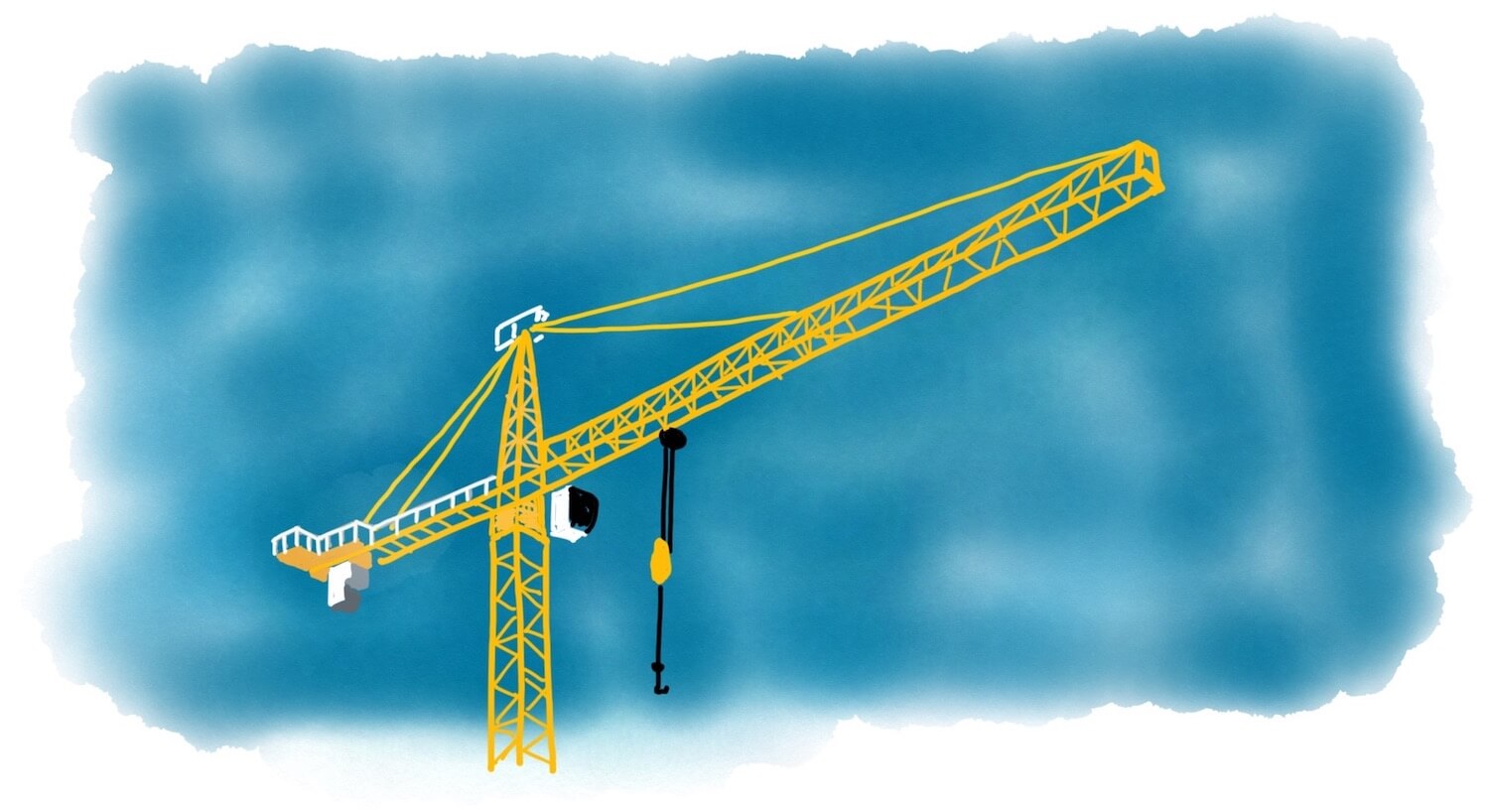🏗️ Cultures That Build →
Mark Andreessen’s piece from a couple months back drove a flood of response, both in support and disagreement.
This piece from Tanner Greer agrees with Andreessen’s sentiments in general, but more interestingly dives into why American progress has slowed so dramatically, tying the root causes to change in the culture of ownership, self-reliance, and self-organization.

We live in a culture today of management hierarchy, bureaucratic approvals, designs-by-committee, taking little risk without consensus, and regulatory restriction (and, just as dangerous, regulatory capture). None of these are to blame entirely — it’s a team sport. And this isn’t a complete list of our ailments by any stretch.
I thought this was an insightful observation comparing this current American position to the early 20th century Progressive Era:
I mention the progressive era to highlight a fundamental contrast: in the America of the early 20th century, the default solution to any problem encountered was to assemble a coalition of Americans to defeat it. This was true regardless of the level of society in which the person operated. It was the default response in small towns and in large cities, at the federal center and at frontier’s edge, in the world of the businessman, the social reformer, the minister, and the politician. Americans had faith that building things worked. To be sure, politics and perverse incentives existed. They could and did lead to all sorts of disastrous outcomes. But the baseline assumption of the American people of that time was that free associations of Americans working towards a common goal could get hard things done—and that it was their responsibility to get those people associating.
Also a contrast from de Tocqueville on the America he observed in the 1830s:
Anyone living in the United States learns from birth that he must rely on himself to combat the ills and obstacles of life; he looks across at the authority of society with mistrust and anxiety, calling upon such authority only when he cannot do without it. This begins to become apparent when school starts and children, even in their games, submit to the rules they have established and punish offenses following their own definitions. The same spirit prevails in all the affairs of social life. Should an obstacle appear on the public highway and the passage of traffic is halted, neighbors at once form a group to consider the matter; from this improvised assembly an executive authority appears to remedy the inconvenience before anyone has though of the possibility of some other authority already in existence before the one they have just formed…. [In America] there is nothing the human will despairs of attaining through the free action of the combined powers of individuals.
Doesn’t sound much like today’s environment.